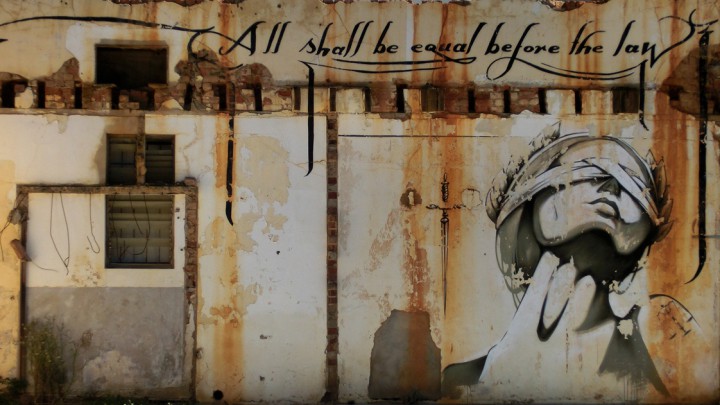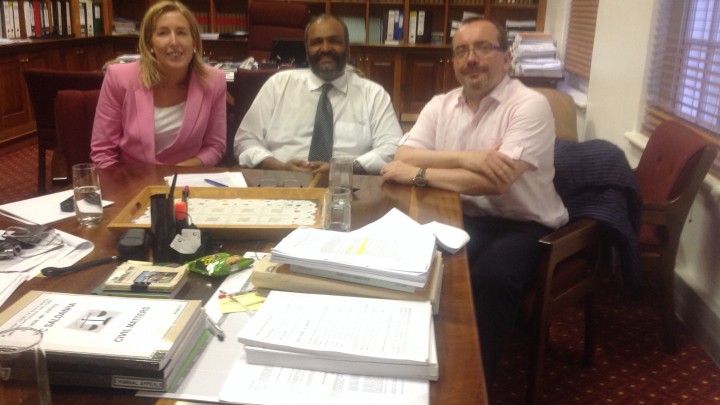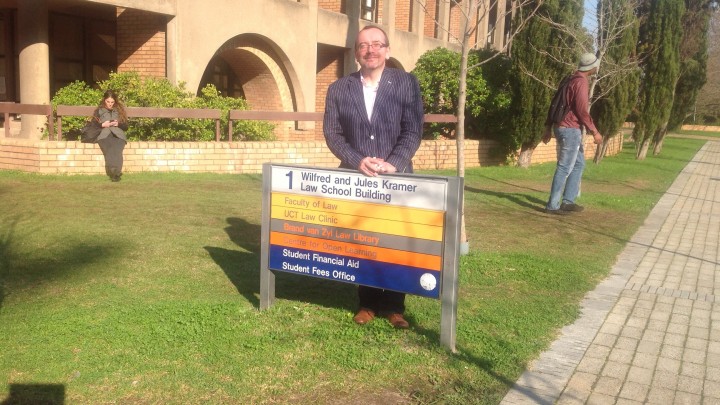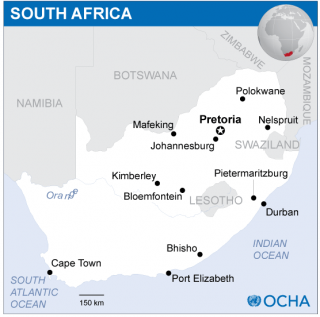Overview
From 1948 South Africa was governed by an official system of racial segregation and white minority rule known as apartheid. The legalistic nature of the regime meant that the law invaded many South Africans’ lives on a routine and daily basis.
‘Struggle’ lawyers (including iconic African National Congress leaders such as Nelson Mandela, Oliver Tambo and Joe Slovo) effectively used the law as a tool of resistance and are widely venerated in South Africa today. Their aim was both to challenge the legitimacy of the state from within and to expose the excesses of the system to an international audience. Their role is often characterised by the duality of being both an active agent of the established legal system and a dissident. Throughout the 1956-1961 Treason Trial Mandela was, for example, simultaneously a practicing attorney and “Accused No. 6”. At times he was in front of the dock in his capacity as an officer of the court; at other times he stood accused, using the platform to advance the political agenda of the ANC. Several decades later, former constitutional court judge, Albie Sachs explained these tensions by stating: “The fact is that for much of my life I lived simultaneously as lawyer. Anyone who has been in clandestinity will know how split the psyche becomes when you work through the law in the public sphere, and against the law in the underground.”
Other lawyers were of course involved in the design and implementation of the apartheid regime. South Africa is of particular interest for this study because its Truth and Reconciliation Commission included efforts to examine the role that the judiciary and legal profession played during the apartheid era, with mixed results.
Lawyers have also been central to the development, operation and critical review of South Africa’s transition. Today they grapple with the formidable challenge of living up to the ideals of a constitution committed to fundamental social and economic transformation. Contemporary human rights lawyers are, for example, engaged on a range of issues including HIV/Aids, land reform, police abuses, and corruption in public life.
Research Themes
- Legal culture (permutations of colonialism, apartheid, ANC rule, international influences).
- Role of legal collectives (Bar Associations, Black Lawyers Association, NADEL).
- Cause lawyering and social movements (tactics including strategic litigation and mobilisation outside the courtroom, eulogising of key individuals, personal and professional sacrifices, challenge of maintaining split roles – as both a lawyer and an ‘outlaw’).
- Legacy of legalism (e.g. influence on contemporary legal culture, mechanisms for dealing with the past).
- Independence of courts, judiciary and legal collectives.
- Influence of international human rights law and discourses.
- The efforts to look at the role of lawyers and judges during the apartheid era by the South African Truth and Reconciliation Commission.
- Contemporary issues and challenges within the legal community (e.g. gender equality, class structure, informal justice).




